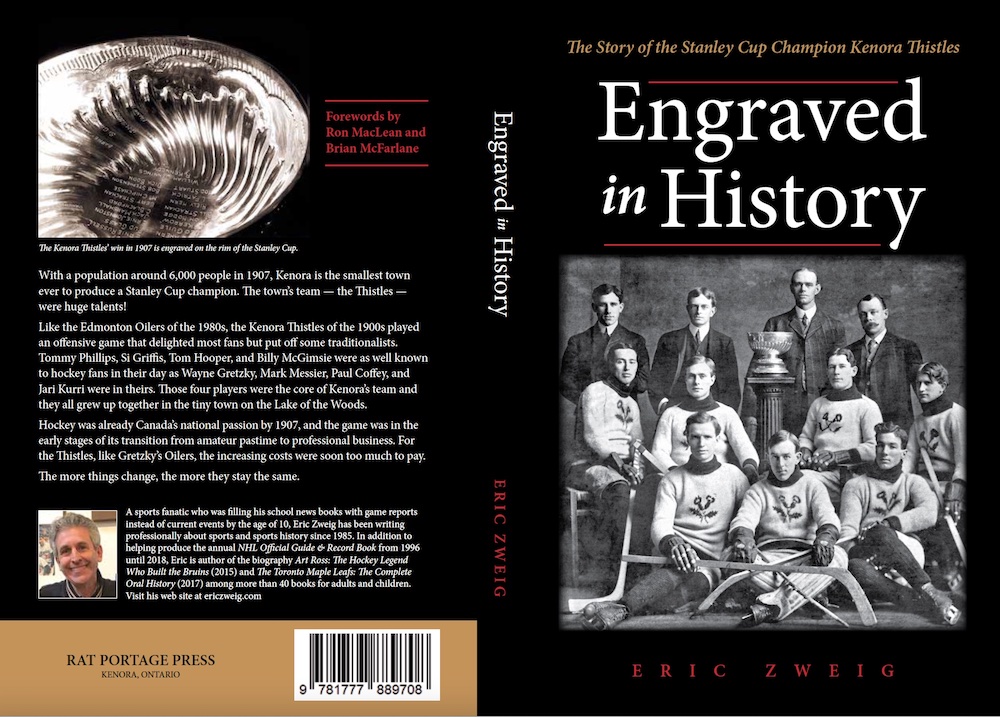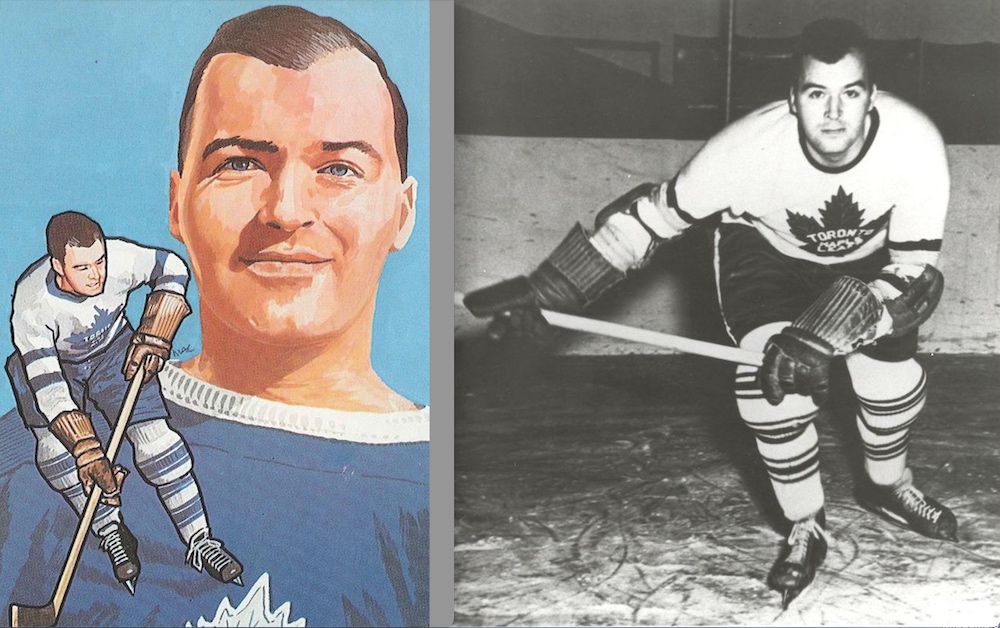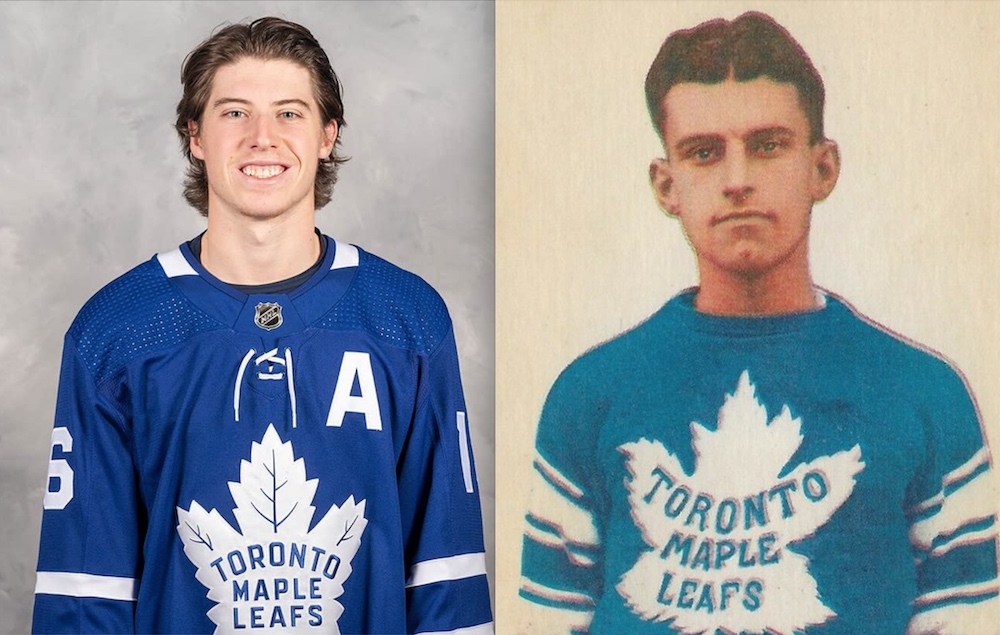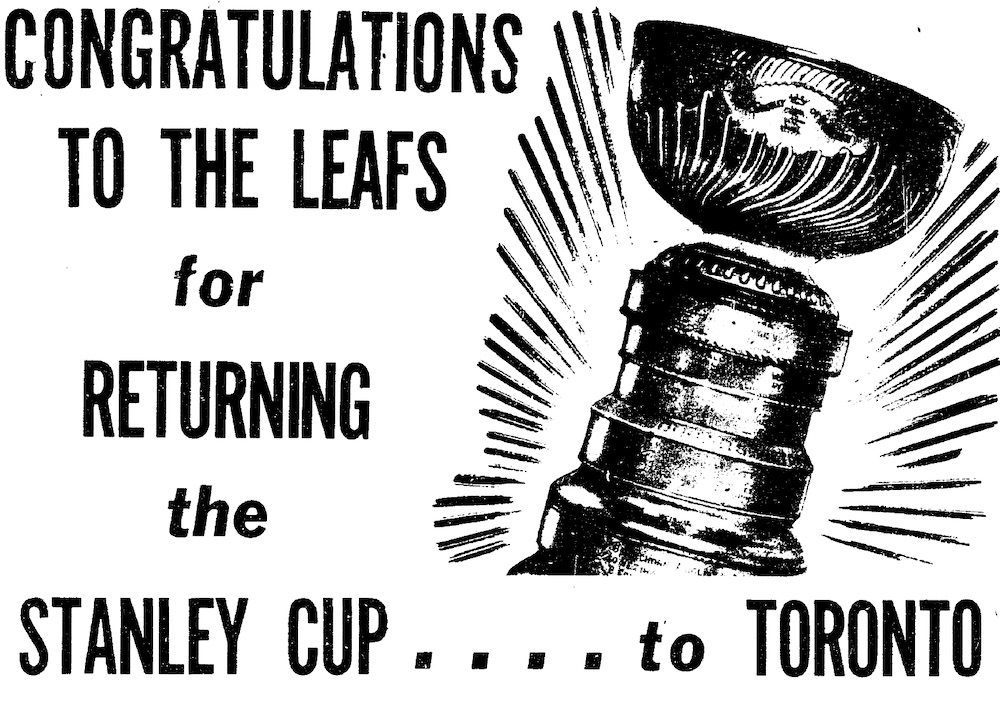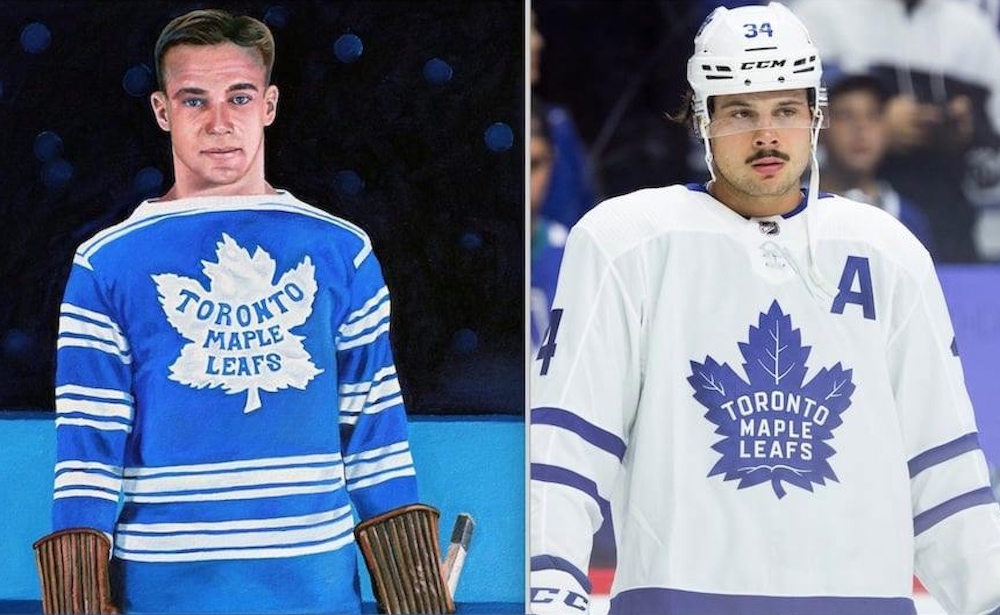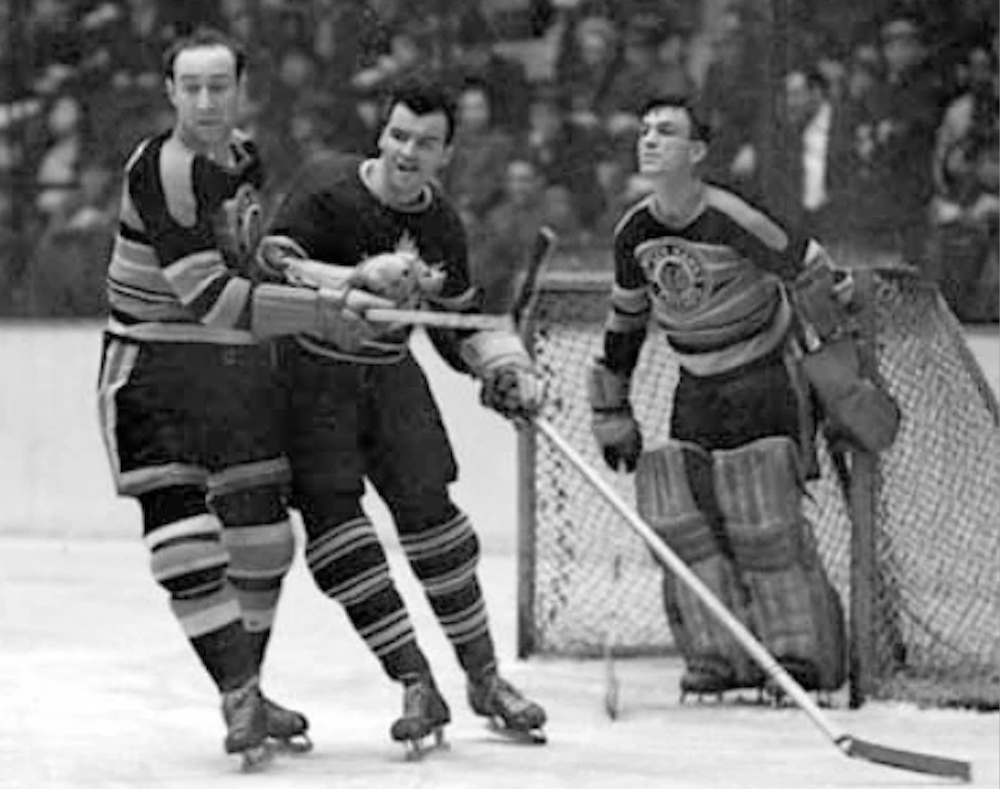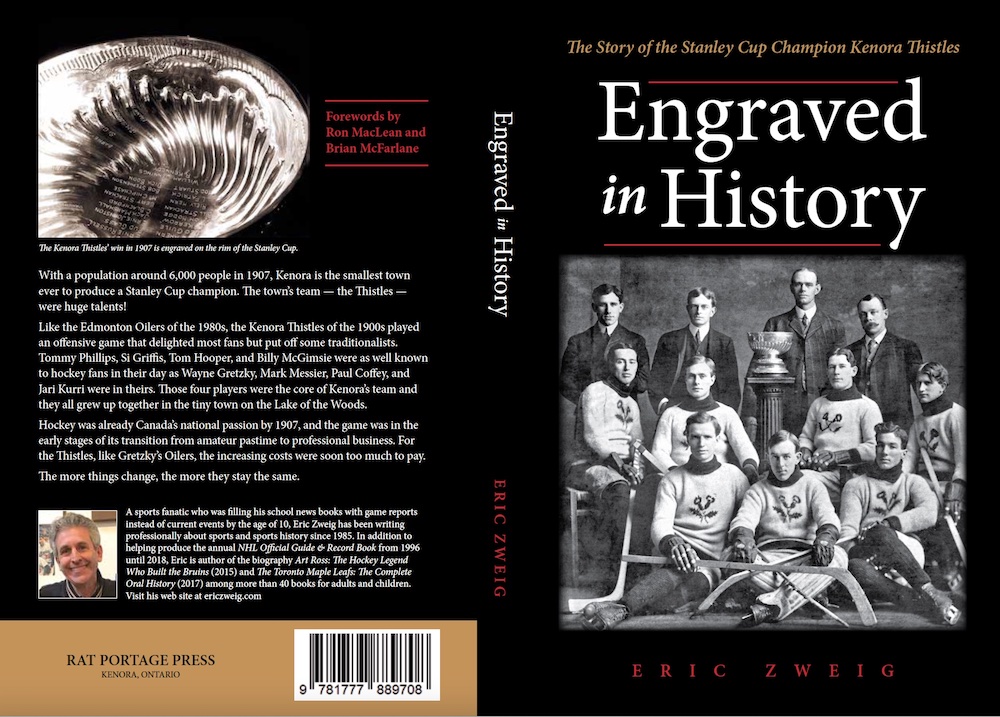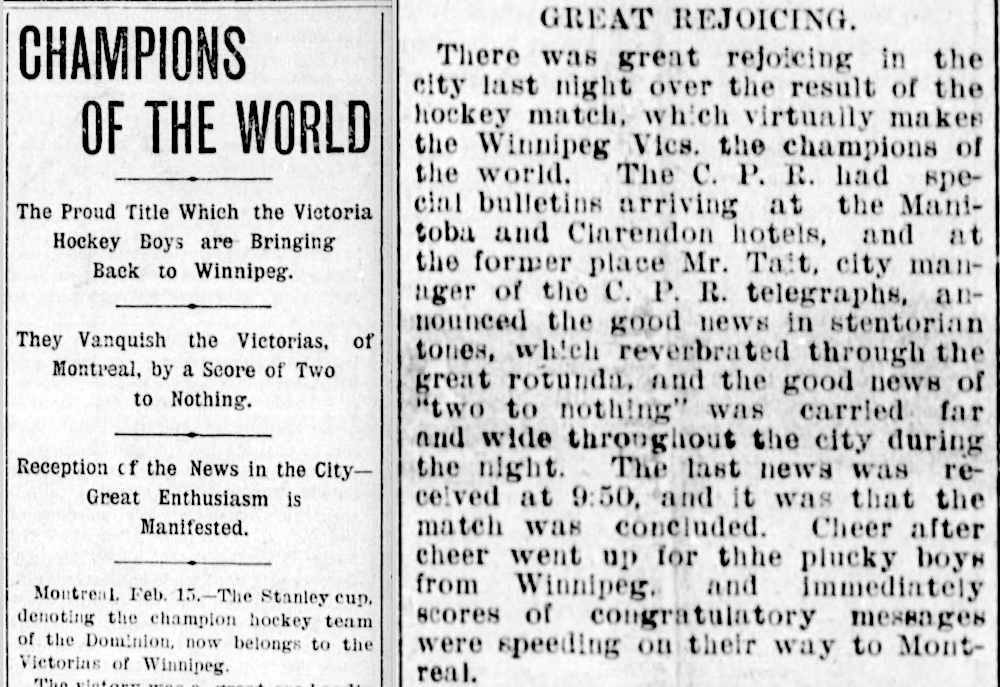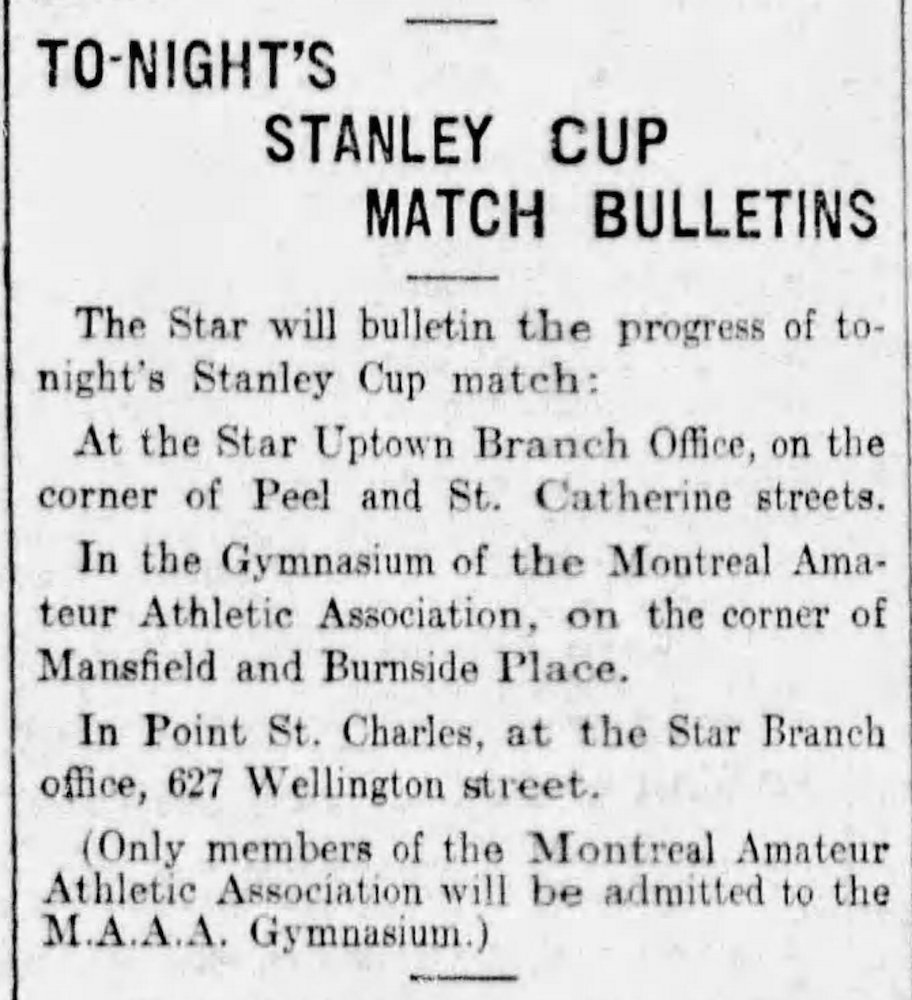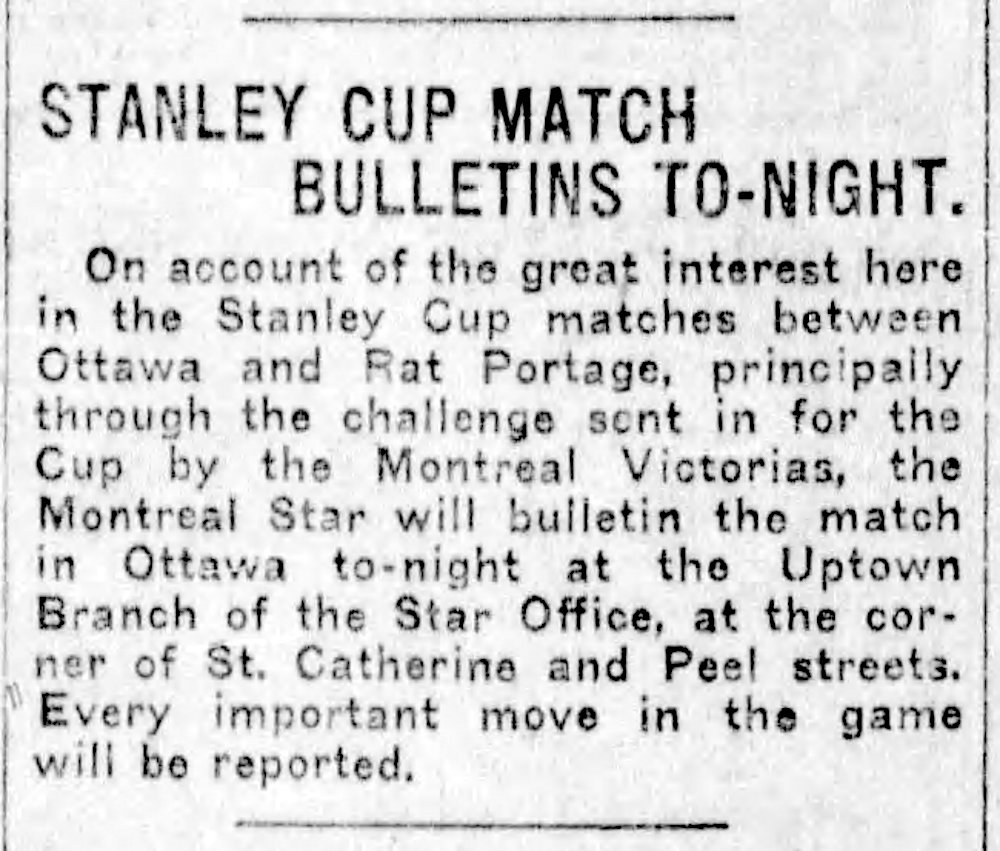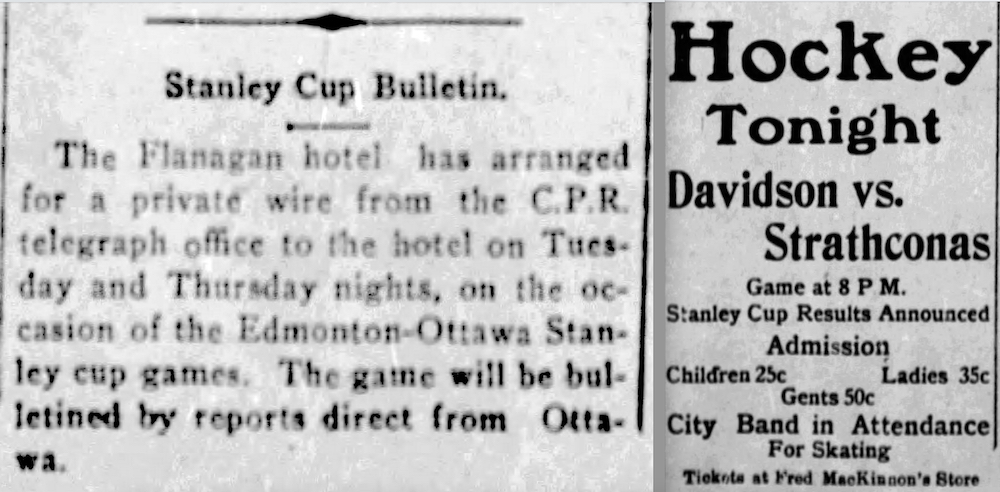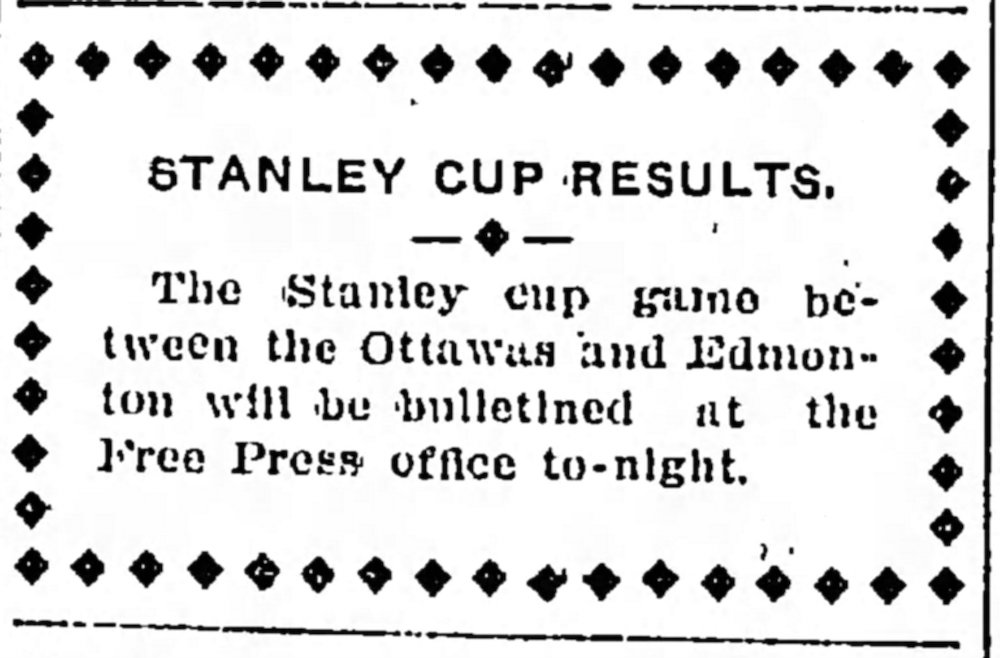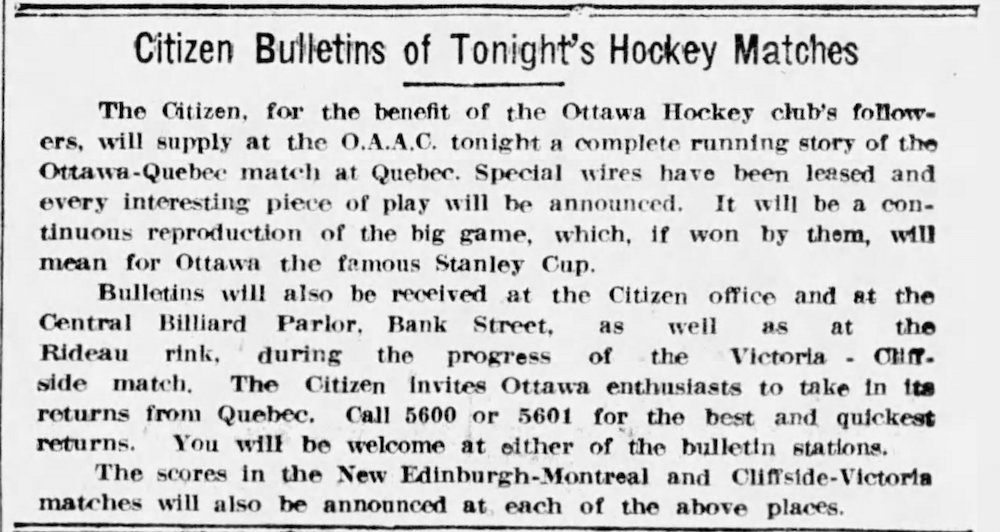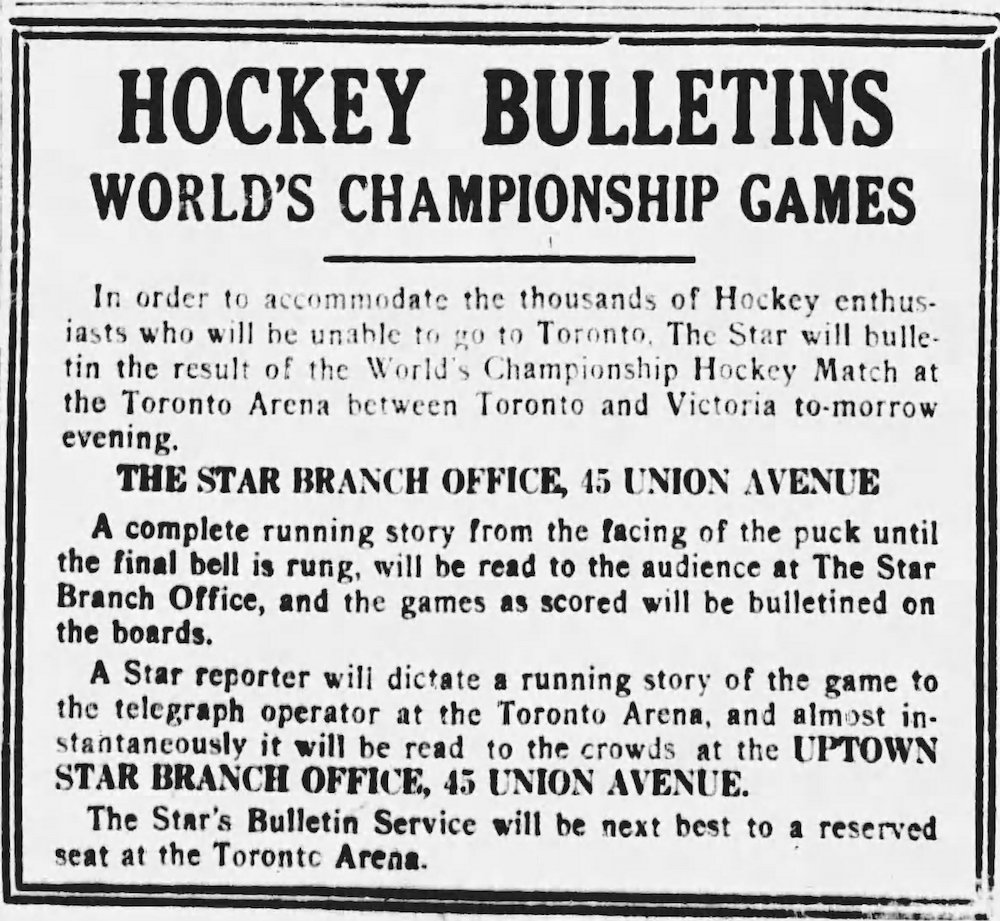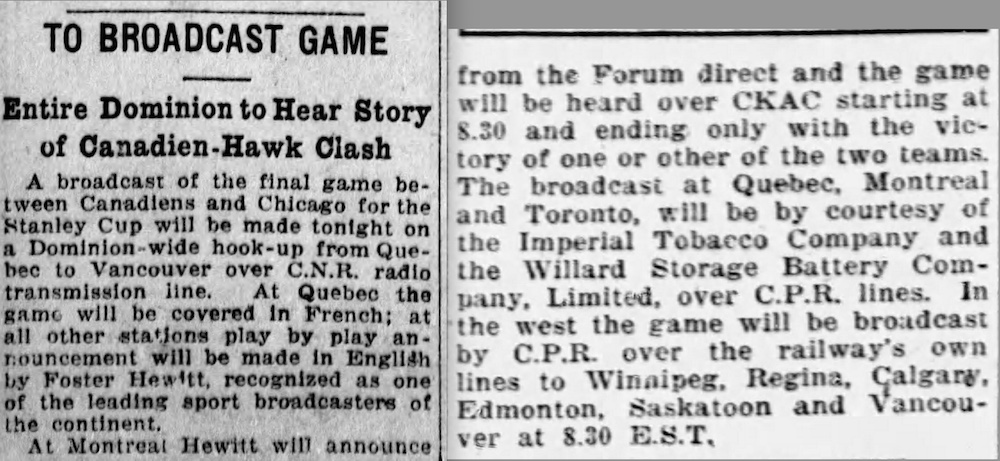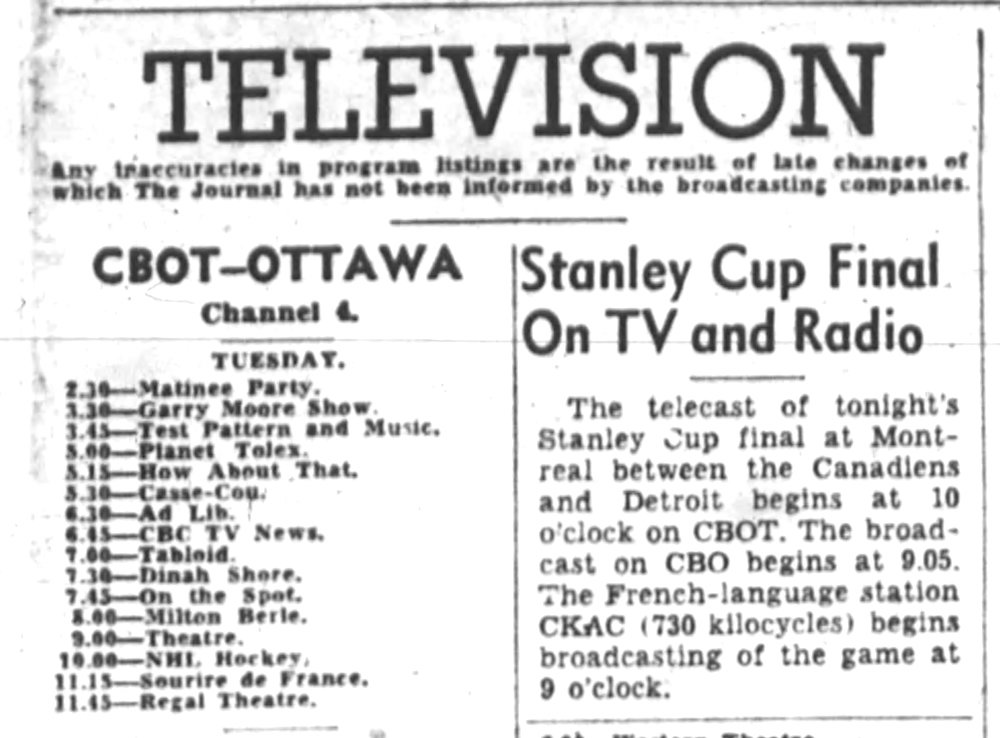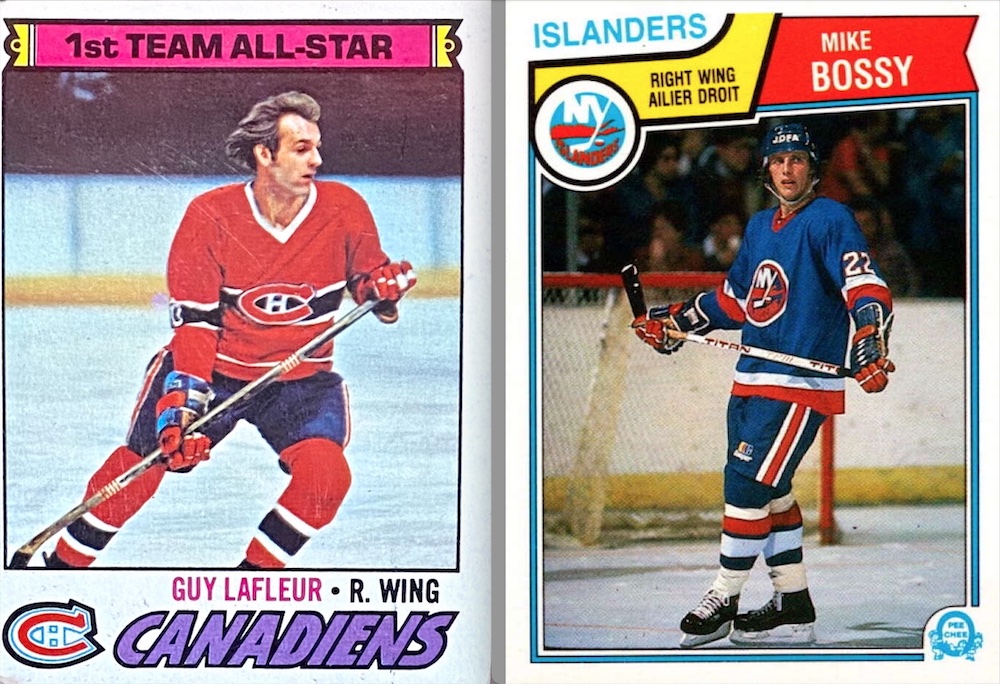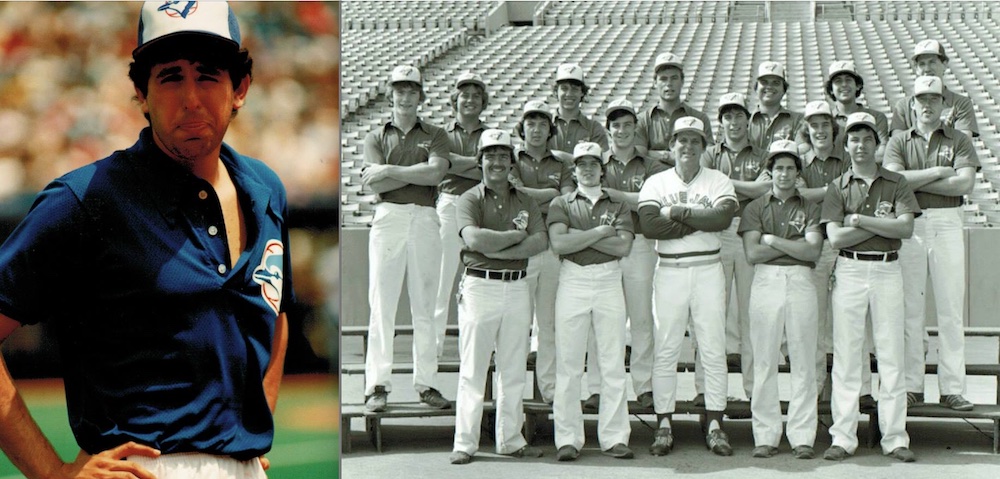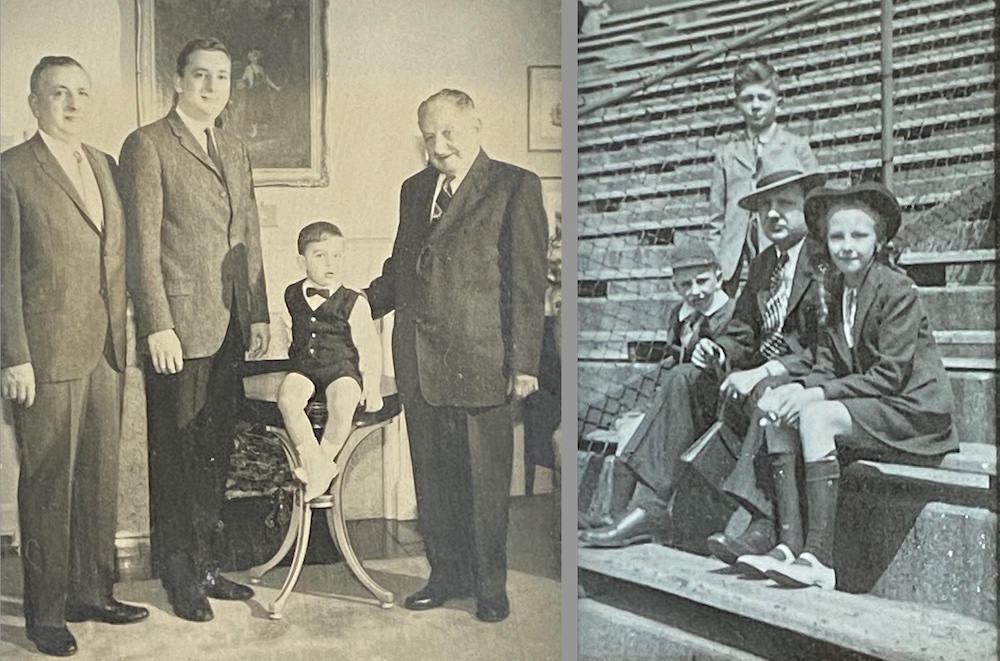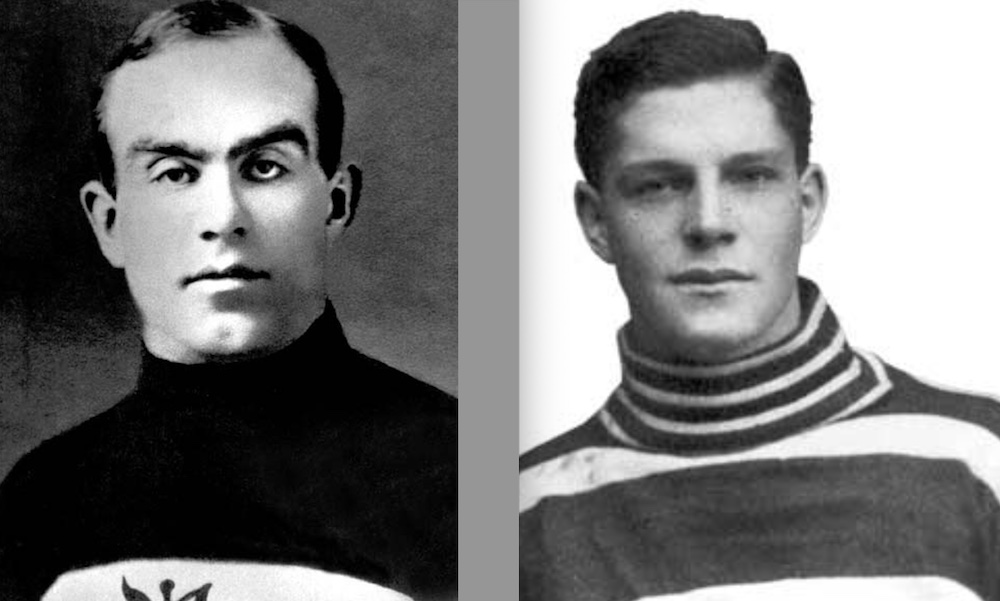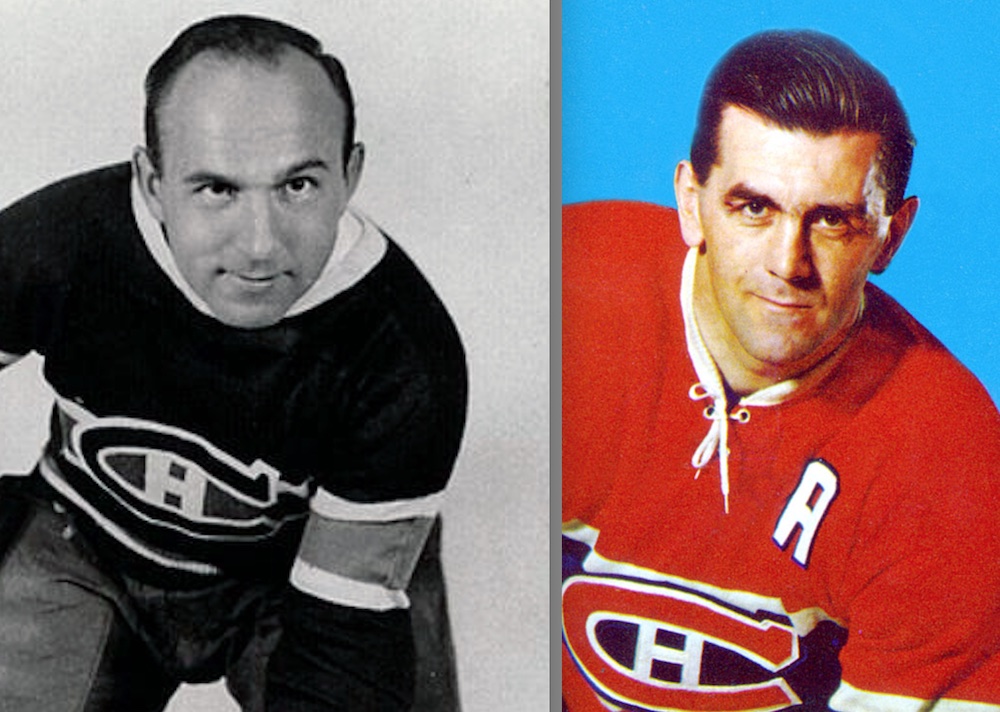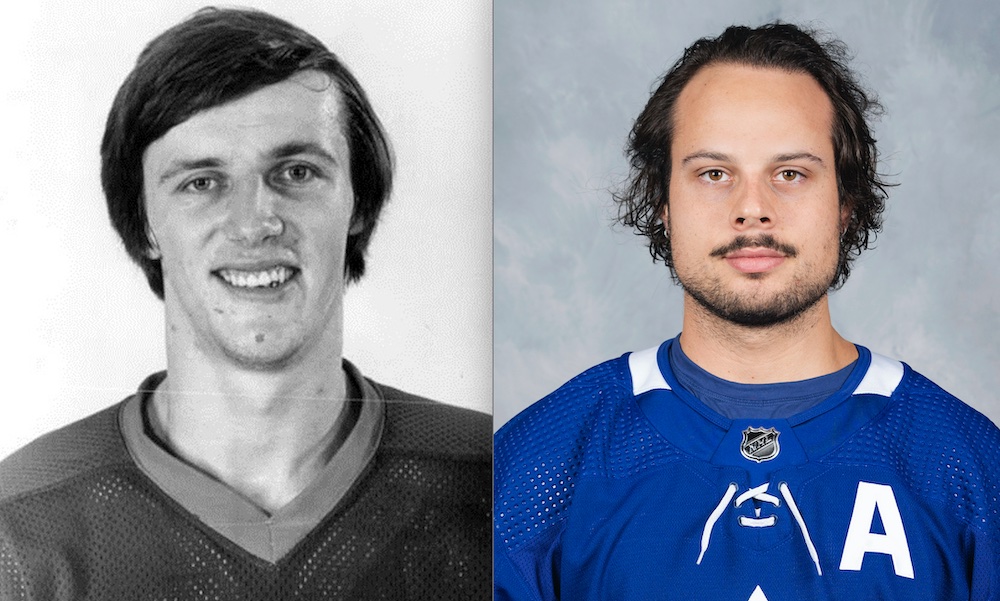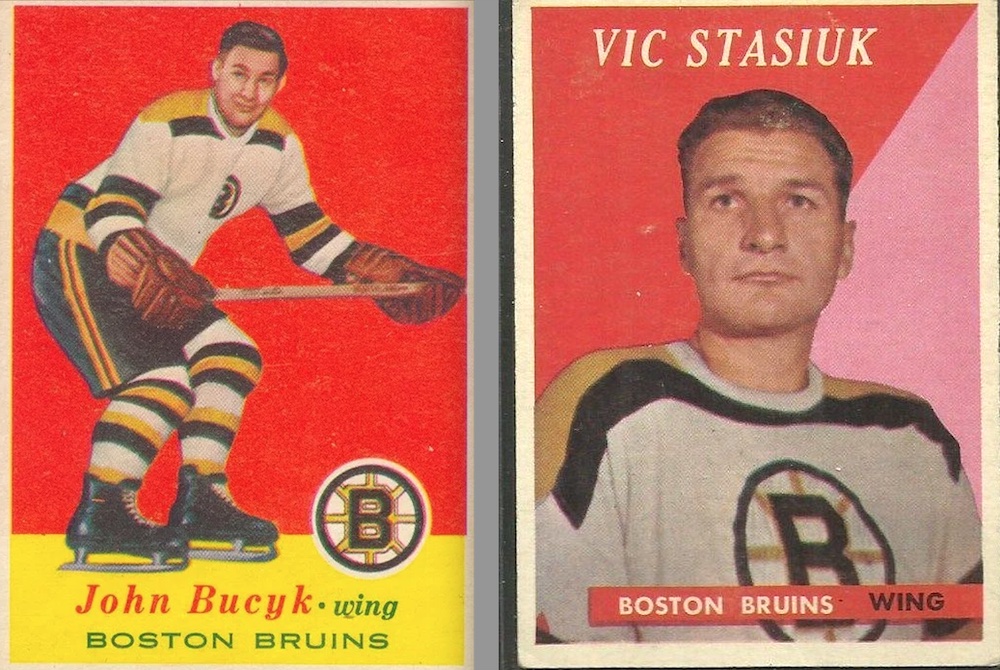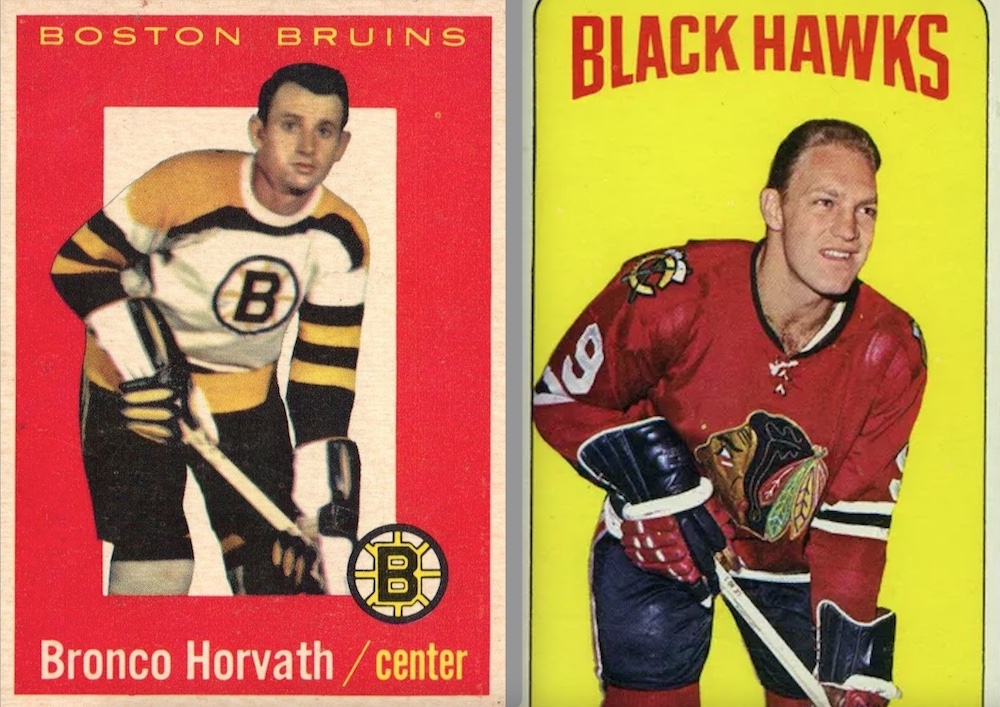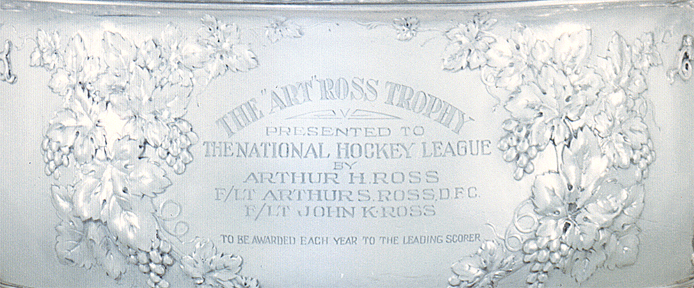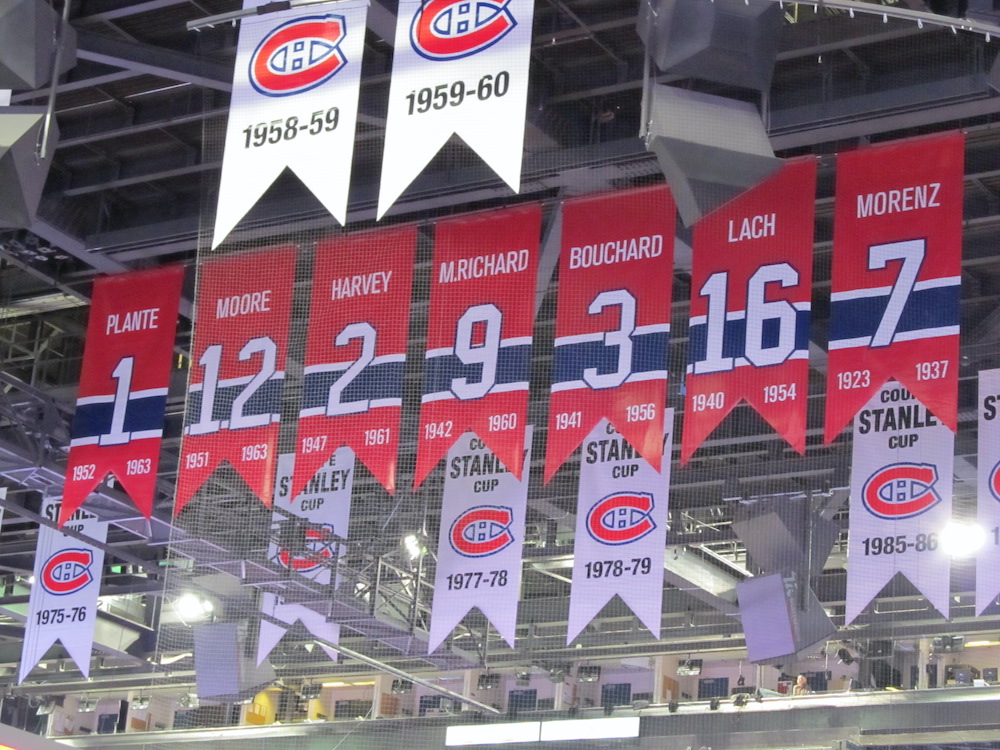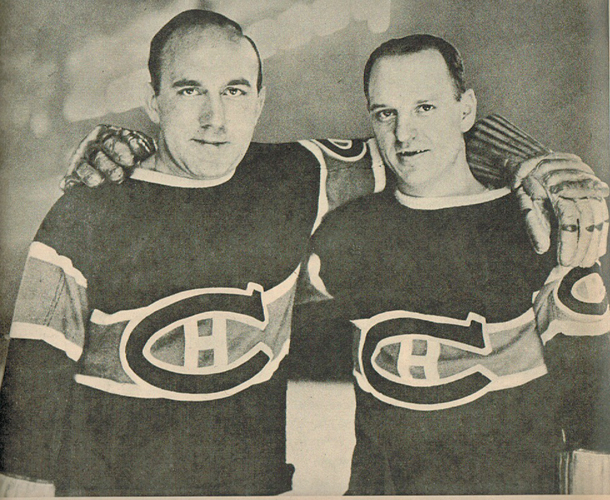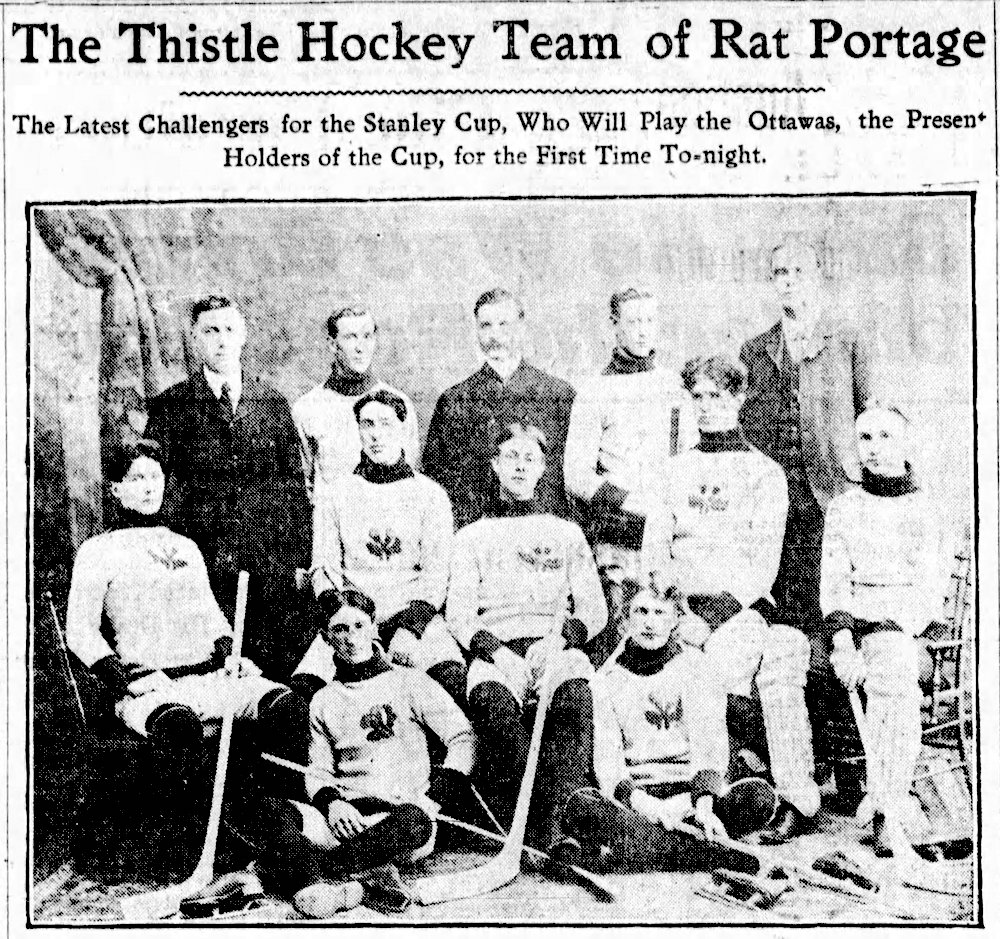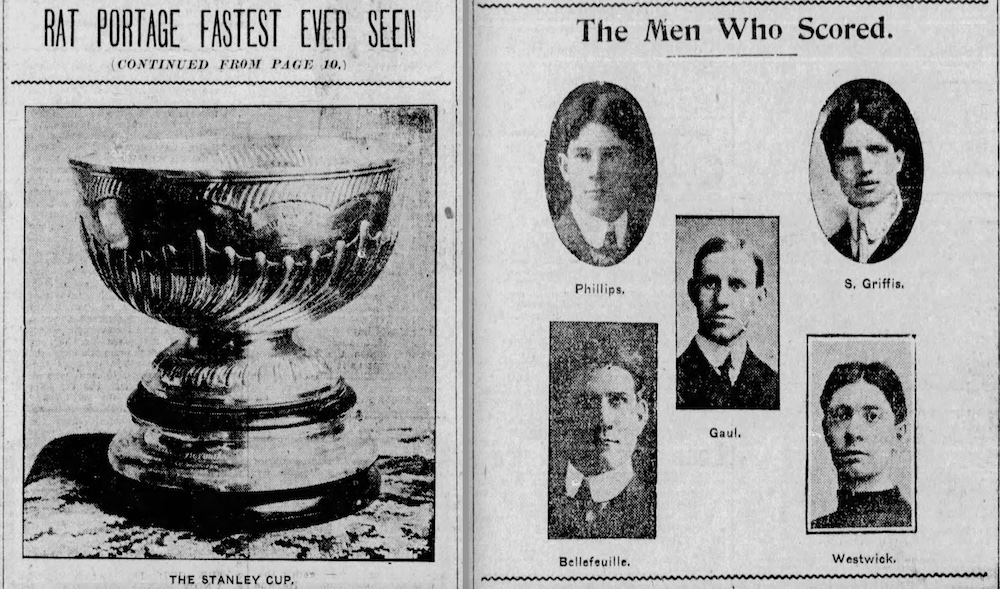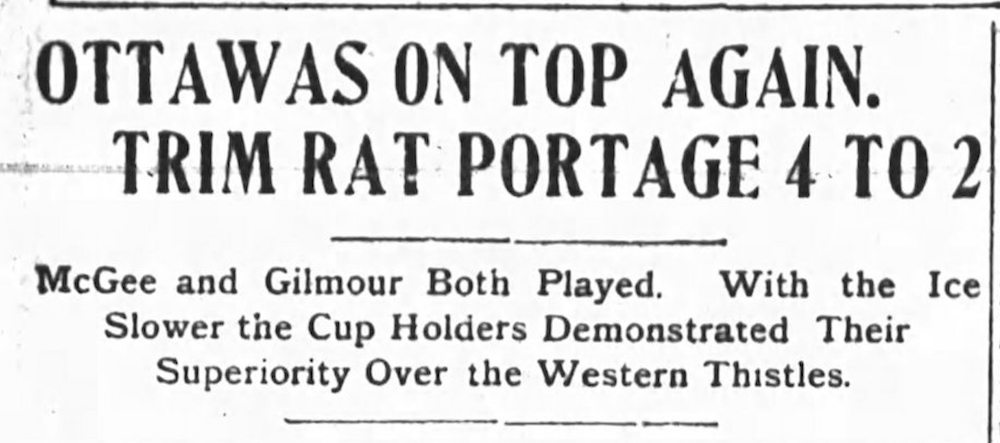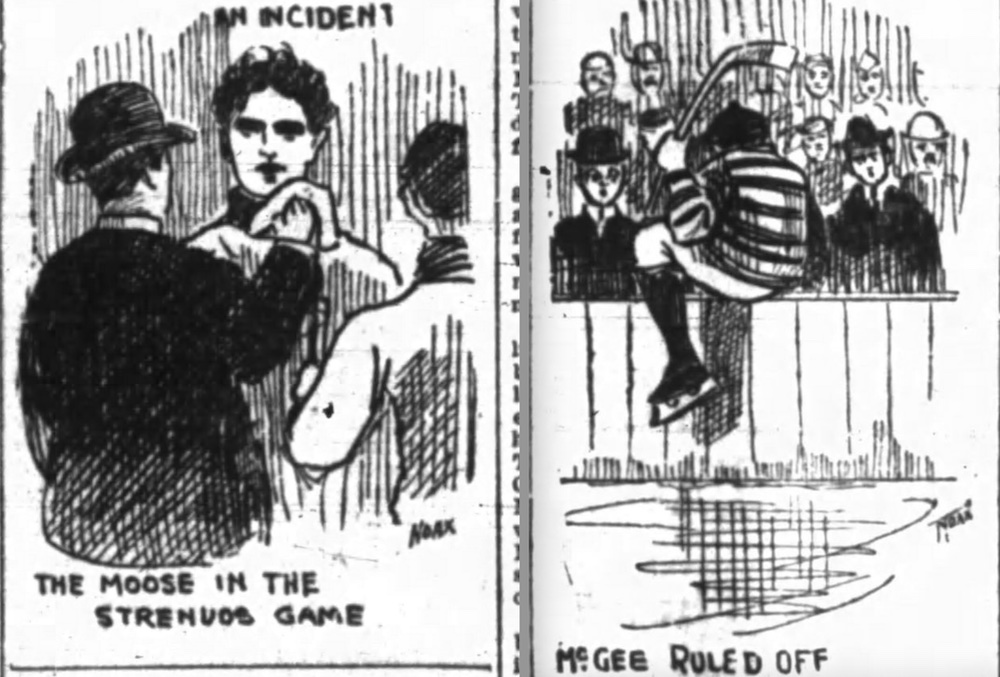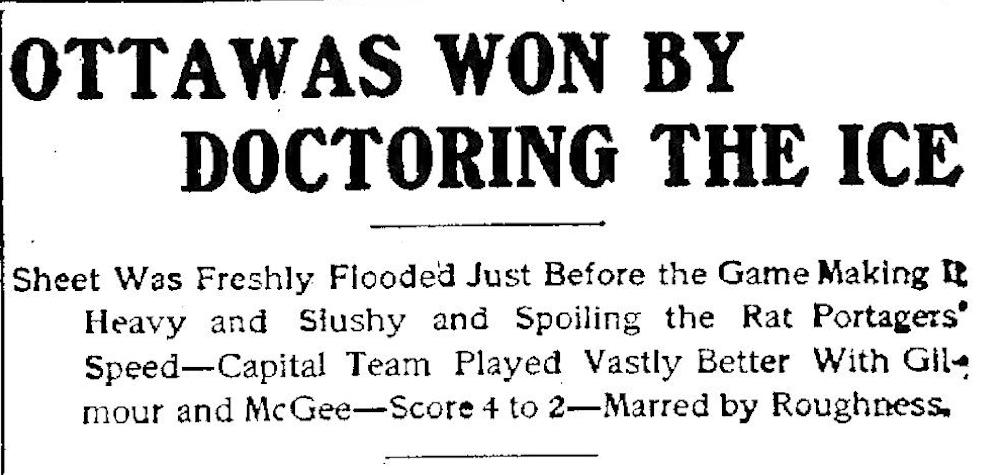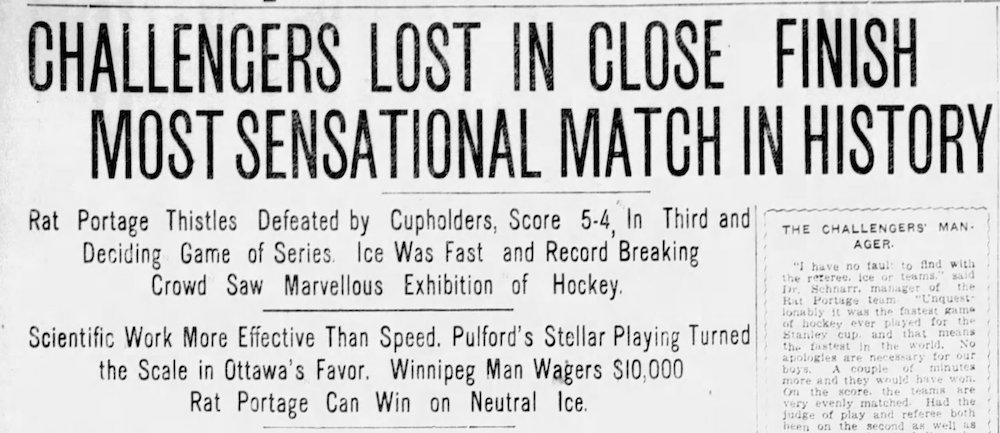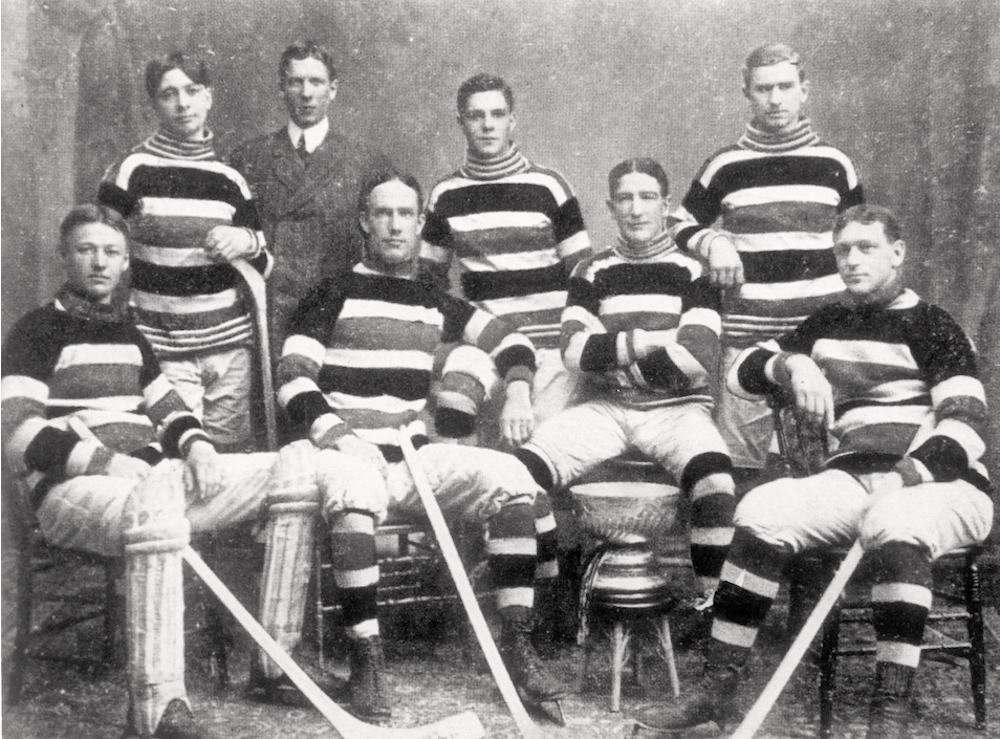The Stanley Cup Final starts tonight. For those among my readers who haven’t been following the NHL playoffs, it’s the Tampa Bay Lightning against the Colorado Avalanche. By all accounts, it should be a good one!
I’m not much as a hockey analyst. I don’t really watch with a critical eye. So, as I offer my thoughts, I wouldn’t exactly go rushing off with them to one of the many (MANY!) sports books being advertised on hockey broadcasts throughout the playoffs.
Personally, I think that Colorado has the more talented team, but Tampa has the better goaltender. That often makes the difference. Before the playoffs started, I offered the opinion that I didn’t think the Lightning were going to win again. If they do, it’ll be three in a row. To me, that would automatically place them among the greatest teams of all time — especially when considering all the obstacles over the past couple of years. I’m not really convinced they’re that … but I wouldn’t bet against them at this point.
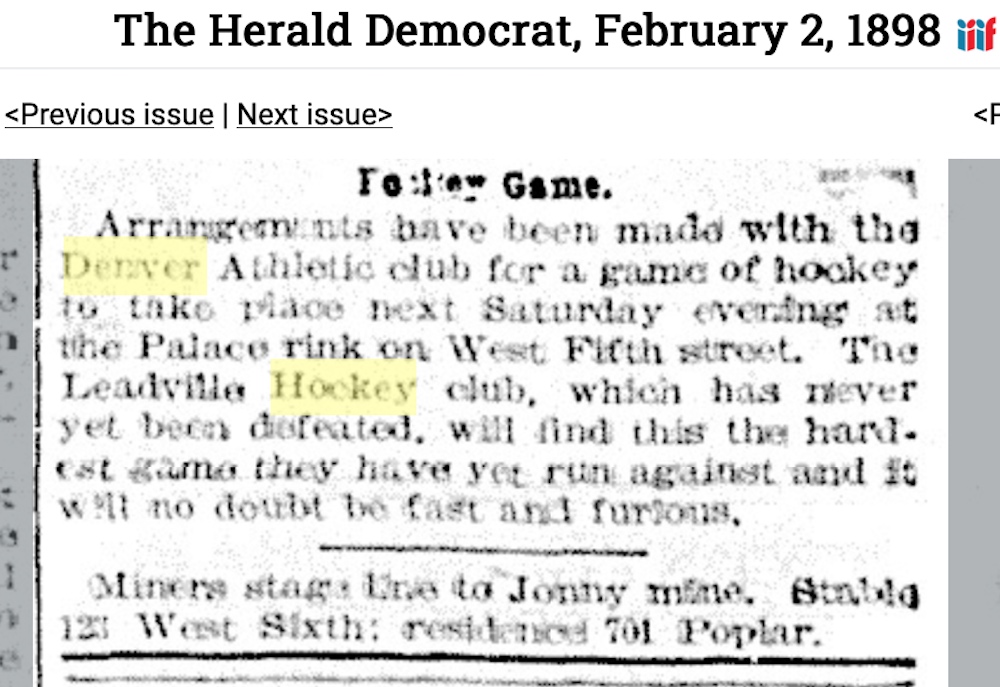
That being said, you don’t come to me expecting analysis. You come to me (I hope!) for some historical perspective. So, here we go…
This year’s Colorado–Tampa Bay matchup guarantees it’ll be at least 30 years by 2023 since a Canadian team last won the Stanley Cup. I think that as much as some Canadian fans enjoy watching hockey, they enjoy bashing Gary Bettman just as much. Though Bettman is the guy who spearheaded hockey’s southern expansion — capitalizing on the success of Wayne Gretzky in Los Angeles — he probably can’t take the blame for this long drought. I don’t really have an answer as to why Canadian teams haven’t won for so long. (I don’t think anyone really does.) It’s probably just a statistical quirk.
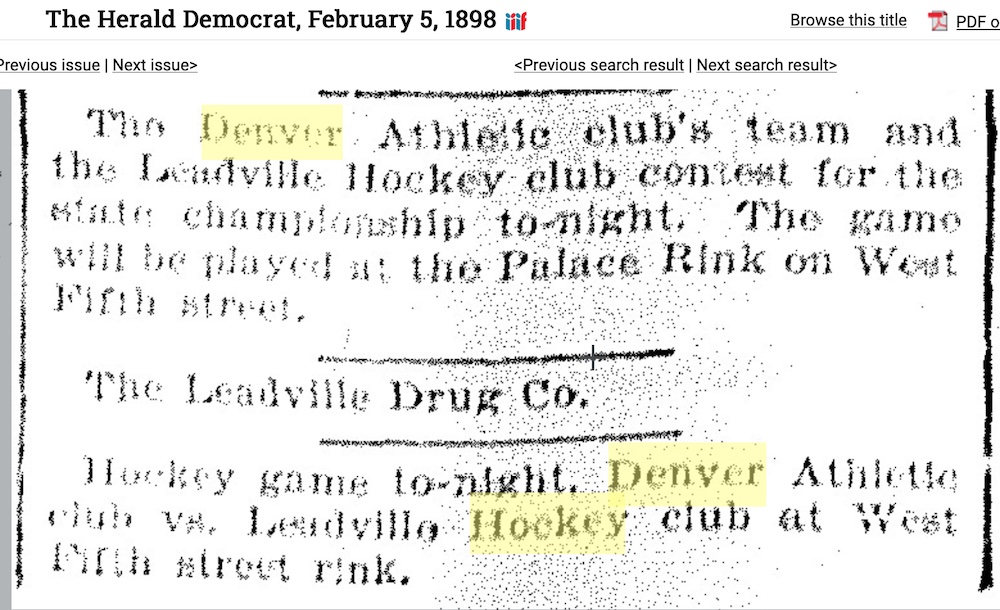
Colorado, being ski country, at least seems like a winter state where there’s no reason not to enjoy hockey. And, indeed, the origins of hockey in Colorado go back to at least the late 1800s. According to the web site International Hockey Wiki, it was noted in the town of Leadville, Colorado, on December 17, 1890, by a Mr. M.A. Morland that there were a number of good skaters in the city, and that “There used to be a hockey club here and I cannot see why one should not be gotten up now.”
Leadville is in the center of the state, about 100 miles from Denver and not too far from Vail and Aspen. A game of ice polo (a similar, but different, sport) was reportedly played in Leadville on December 8, 1894, and hockey games were played at the Leadville Crystal Palace as part of the Leadville Crystal Carnival hockey tournament in 1896. Apparently, the Denver Athletic Club formed a team that same winter.

The first mention of a hockey team in Denver that I could find in newspapers doesn’t appear until February of 1898. On February 2, 1898, the Leadville Herald Democrat reported that arrangements had been made for a game between the Denver AC and the local club for later that week. On game day, February 5, the same paper noted that the game that Saturday night would be for the state championship. The next day, the Leadville newspaper, with a lead in language so politically incorrect it just wouldn’t fly anymore, reported on the 7–1 victory of the home team, whose maroon, red, and white colors weren’t all that different from what the Avalanche wear in the NHL today.
Not surprisingly, hockey history in the Tampa Bay area isn’t quite as old. Though there was hockey being played in the Miami area as long ago as 1938 (which you’ll be able to read quite a bit about in my book Hockey Hall of Fame: True Stories when it comes out this fall), the first hockey team on Florida’s west coast isn’t quite that old, though its first campaign of 1971–72 was still 50 years ago this season.
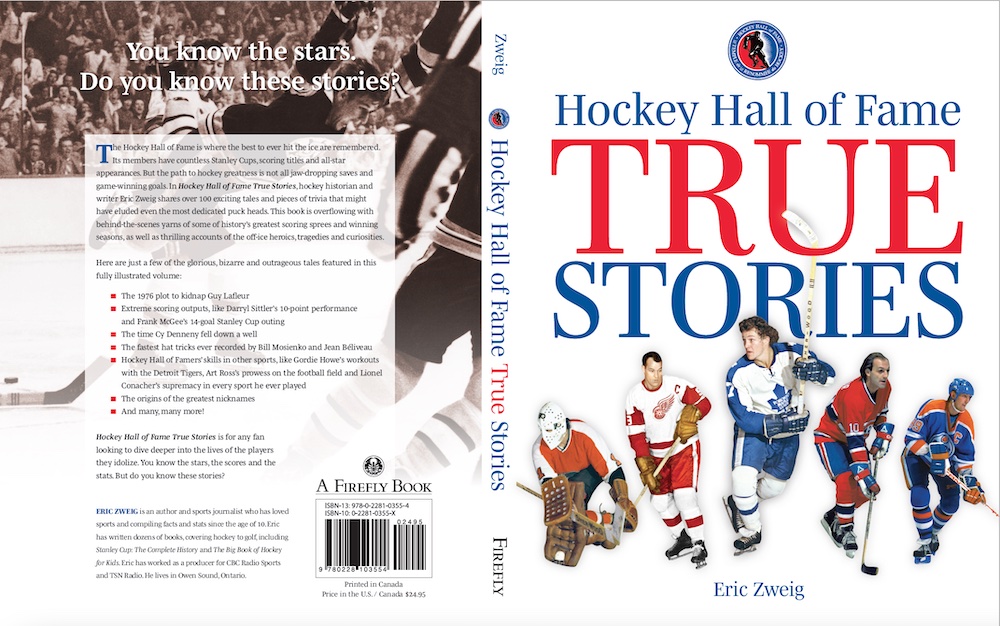
According to information on the web site of the Society for International Hockey Research, the old Eastern Hockey League granted a franchise to the St. Petersburg area on May 12, 1971. However, the earliest reference I could find in a Tampa newspaper was from May 30, 1971. Tampa Tribune sports editor Tom McEwen confirmed the story on June 3, 1971, under the headline ‘The Icemen Cometh.’
As of then, the Tampa-St. Petersburg-Wauchula area team had no name, but McEwen speculated that they would surely be dubbed “Suns, Stringrays, Porpoises, Pelicans, Sharks, Senior Citizens, Mullets, Geritols, Oysters, Ecologists, Suncoasters, Catfish, or Whatnots.” McEwen had cast a wide net, but he was more or less right on two counts when the rival Tampa Times reported on July 26, 1971, that the team had officially been dubbed the Suncoast Suns.

The Suncoast Suns lasted just two seasons in the EHL, and played a third and final year in 1973-74 in the Southern Hockey League. The team boasted at least two NHL players. There was Ed Kea during that first season of 1971–72. A native of Collingwood, Ontario, Kea went on to play with the Atlanta Flames and the St. Louis Blues between 1973 and 1983. There was also Cliff Pennington, of Winnipeg. Pennington, who finished out his hockey career playing all three seasons with the Suns in both leagues, had previously played in the NHL with Montreal and Boston over three seasons in the early 1960s.
So, there you go!

And, changing subjects… my Facebook memory this morning noted that it was two years ago today that I signed a contract to write a book about the Kenora Thistles. Two-plus years from signing to publication isn’t unheard of, but it is a little bit on the long side for me. So, here is a long-awaited update.
Engraved in History: the Story of the Stanley Cup Champion Kenora Thistles has now been printed! I expect to receive my own author’s copies any day now. The book will soon be available in the Kenora area in time for summer cottage season in the region. There will also be a web site where the book will be more widely available. As soon as I have information on that, I will pass it along. However, at this point, the book won’t truly go into “wide release” until the fall. At that point, you should be able to purchase copies on Amazon and through other booksellers too. We’ll have a full launch, with promotion and public appearances, in the fall as well.
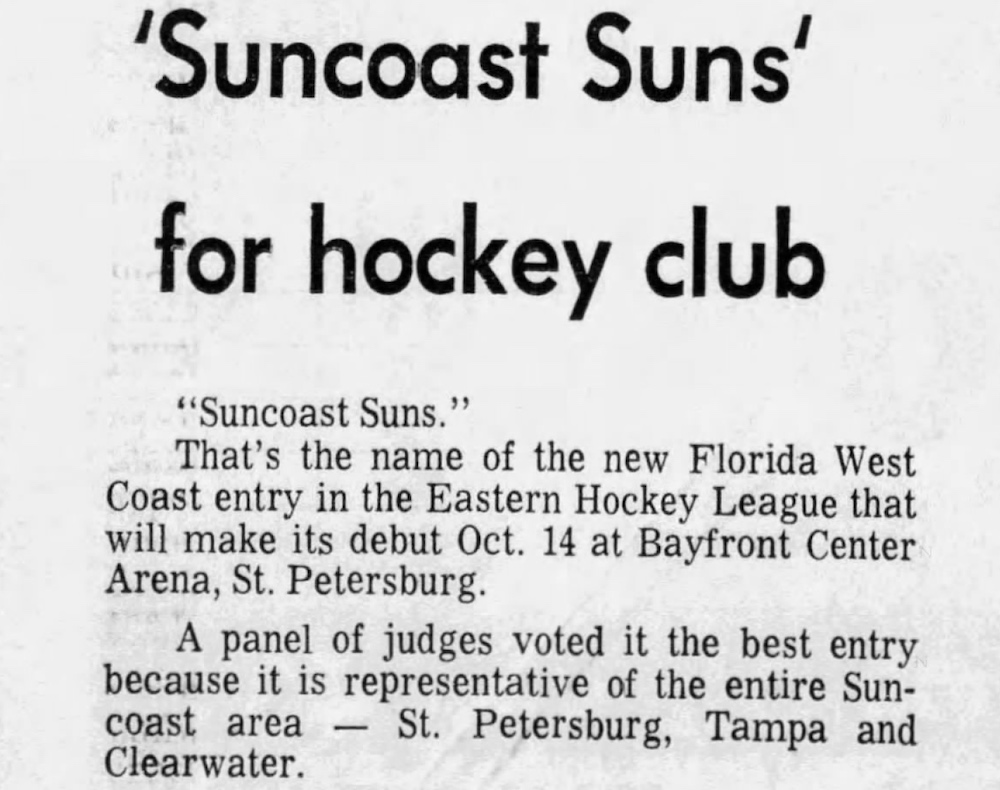
Thanks, everyone, for your patience. Covid — and spring floods in Winnipeg and Kenora — certainly haven’t made this easy!
